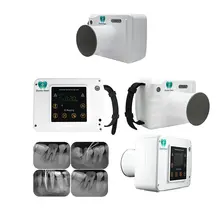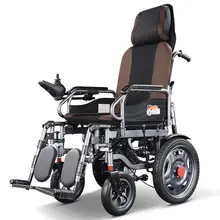Popular in your industry































































Related Searches:















































































































































Top categories
About dental screw post
Understanding Dental Screw Posts
Dental screw posts are integral components in restorative dentistry, serving as anchors within a tooth's root canal to support a restoration or dental prosthesis. These small, yet vital, tools play a crucial role in maintaining dental integrity and function.
Types and Materials
Dental screw posts come in various materials, including metal screw post dental options and gold plated screw posts. Each material offers distinct advantages, with metal posts providing strength and durability, while gold plated screw posts are known for their biocompatibility and reduced risk of corrosion.
Design Variations
The design of dental screw posts varies to meet different clinical situations. Dental conical screw posts are designed to fit conically shaped root canals, offering a secure fit. Meanwhile, dentatus screw posts are recognized for their unique thread pattern, which ensures stable retention in the dental structure.
Applications in Dentistry
Dental screw posts are not one-size-fits-all; they are chosen based on the specific needs of the treatment. Nordin screw posts are often selected for their ease of insertion and compatibility with various dental substances. The application of these posts is critical in procedures aimed at restoring a tooth after root canal therapy.
Advantages of Dental Screw Posts
The use of dental screw posts in restorative procedures offers several advantages. They provide structural support for the dental restoration, distribute occlusal forces evenly to prevent stress on the remaining tooth structure, and can be used in cases where minimal tooth structure remains.
Selection Considerations
Choosing the right dental screw post is essential for the success of a dental restoration. Factors such as the anatomy of the tooth, the type of restoration planned, and the material compatibility must be considered. Dental professionals must assess the specific needs of each case to select the most appropriate type, whether it be a dentatus screw or another variant.





















